30 Phrases to Talk about your Free Time
👇 Take this lesson with you! 👇
In this lesson, I am going to show you lots of cool phrases so you can talk naturally about what you do in your free time.
I will also show you how to use advanced adverbs and different tenses so you can talk about your hobbies confidently and get a high score on your IELTS Speaking test.
Table of Contents
Different types of free time activities
There are many types of free-time activities. Sometimes we call these leisure activities, or hobbies and pastimes.
Here are some of the most common types of activities with some examples.
Indoor Activities
- Playing games
- Reading
- Watching TV / Films
- Chilling out / hanging out with friends
Outdoor Activities
It’s true, some of these may take place both indoors and outdoors, depending on the context. For example, shopping in a street market is outdoors, but shopping in a mall is indoors.
Collecting things
- Stamps
- Coins
- NFTs (Non-fungible tokens)
Creative activities
- Playing a musical instrument
- Knitting
- Painting
- Taking photos

Talking about your hobbies
So, how can you talk about what you do in your free time?
Well here are some common and also more advanced phrases to help you talk about your hobbies.
I get up to a lot of things
I don’t get up to much
- To get up to = to do an activity
Of course, it is always better to say something and describe an activity you do, rather than say, ‘I don’t have any hobbies’.
The most common way to talk about a hobby is
I like to do yoga
I like doing yoga
What’s the difference between ‘like doing‘ and ‘like to do’?
- We can use both to express enjoyment.
- When I say, ‘I like doing yoga’ the focus is always on my enjoyment of the activity.
- However, if I say, ‘I like to do yoga’ this can also mean that I am describing either a choice or a habit
For example,
I like to do yoga on Thursdays
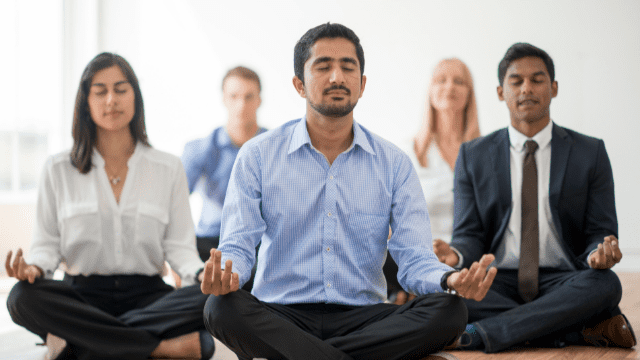
This focuses on the fact that I choose to do it on Thursdays, not any other day, or that I have the habit of practicing on Thursdays.
Here are some more useful expressions to describe hobbies you love.
- I’m fond of playing video games
- I’m into playing video games
- I’m passionate about playing video games
Learning tip: When a verb follows a preposition it must be a gerund (verb+ing)!
If you are less serious about doing a hobby and it is something you do casually, not seriously, you can say…
I like to dabble in cooking
I like to dabble in painting
Sometimes, I dabble in investing
I play the guitar, but I am just an aficionado
I play the guitar, but I am just an amateur
Adverbs to talk about your free time activities
When talking about your hobbies, you can also go into more detail and say how often you do it, using different frequency adverbs.
Here are some simple ones
I regularly paint
I often paint
I frequently paint
Here are some more advanced ones
I paint whenever I can
I paint as often as I can
I paint whenever I get a chance
I don’t paint as much as I would like
I don’t get round to painting as much as I would like
Different tenses to describe your hobbies
IELTS SpeakingTip: To sound more sophisticated and to get a higher score in IELTS, use different tenses in your answers.
Below you can see how we can use different tenses when talking about your free time activities.
- Present Simple
I paint
I recently took up painting
I am quite new to it
To take up a hobby = to start a hobby
- Past Simple
I started painting years ago
I decided to have a go at painting
I decided to try my hand at painting
To have a go at something = to try something new
To try my hand at something = to try something new
I’ve been painting for as long as I can remember
I’ve been painting for donkey’s years
For donkey’s years = for a long time

The benefits of having hobbies
There are many benefits to having a hobby.
These commonly include that it lets you relax, stay healthy or socialise.
Here are some useful verbs meaning to relax
- To unwind
- To chill out
- To disconnect
- To kickback
- To let your hair down
Here are some useful verbs meaning to stay healthy
- To get into shape
- To stay in shape
- To keep healthy
- To get fit
Here are some useful verbs meaning to socialise
- To hang out with friends
- To chill out with friends
- To be with family
- To meet up with friends
Here are some templates you can use to describe these benefits
- It helps me _______
- It just helps me _______
- I find that it helps me _____
- It allows me to (just) _____
It helps me unwind
It just helps me kick back
I find that it helps me stay in shape
It allows me to meet up with friends
- It’s a nice way to _______
- It’s a great way to ________
It’s a nice way to socialise
It’s a great way to get close to nature
Finally, here are some more great expressions to talk about the relaxing benefits of having a hobby
It has a calming effect
It’s really therapeutic
It’s a great stress buster
So, now you can talk confidently about your hobby, how often you do it, as well as describing the benefits.
Now it’s your turn, leave a comment below and tell me about your hobby!
Improve your Speaking Skills with this Free Course
Crack IELTS Speaking Part 1
Learn to Speak with Confidence in Part 1 of Your IELTS Test!
⭐️⭐️⭐️⭐️⭐️
‘It’s such a great course. I’ve learned so many usages for speaking part 1.’
Zu Htet

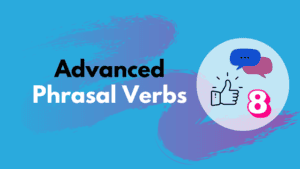
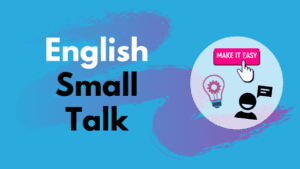
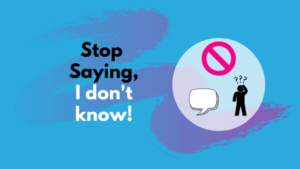

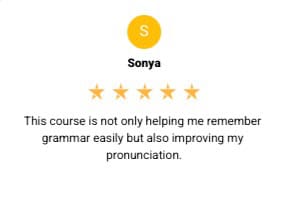
3 thoughts on “30 Phrases to Talk about your Free Time”
I get into a lot of thing with my hobbies but I’m really passionate about cooking,I cook often just an amateur.i cook whenever I got a chance.i have been cook for as along as I can remember.actually I can get much benefits having hobby like cooking ,it’s allows me feel relax, when I’m start cooking that I feel chill out for me…it’s help me to keep healthy,to be with my family on holidays.its great stress buster .
Hello dear Keith, I have bought your online course recently, but most of the newest topics have not covered, do they will be covered in the future at any chance?
Warm Regards
Roya
Pingback: 30 Phrases to Talk about your Free Time – IELTS TEST – how to prepare?